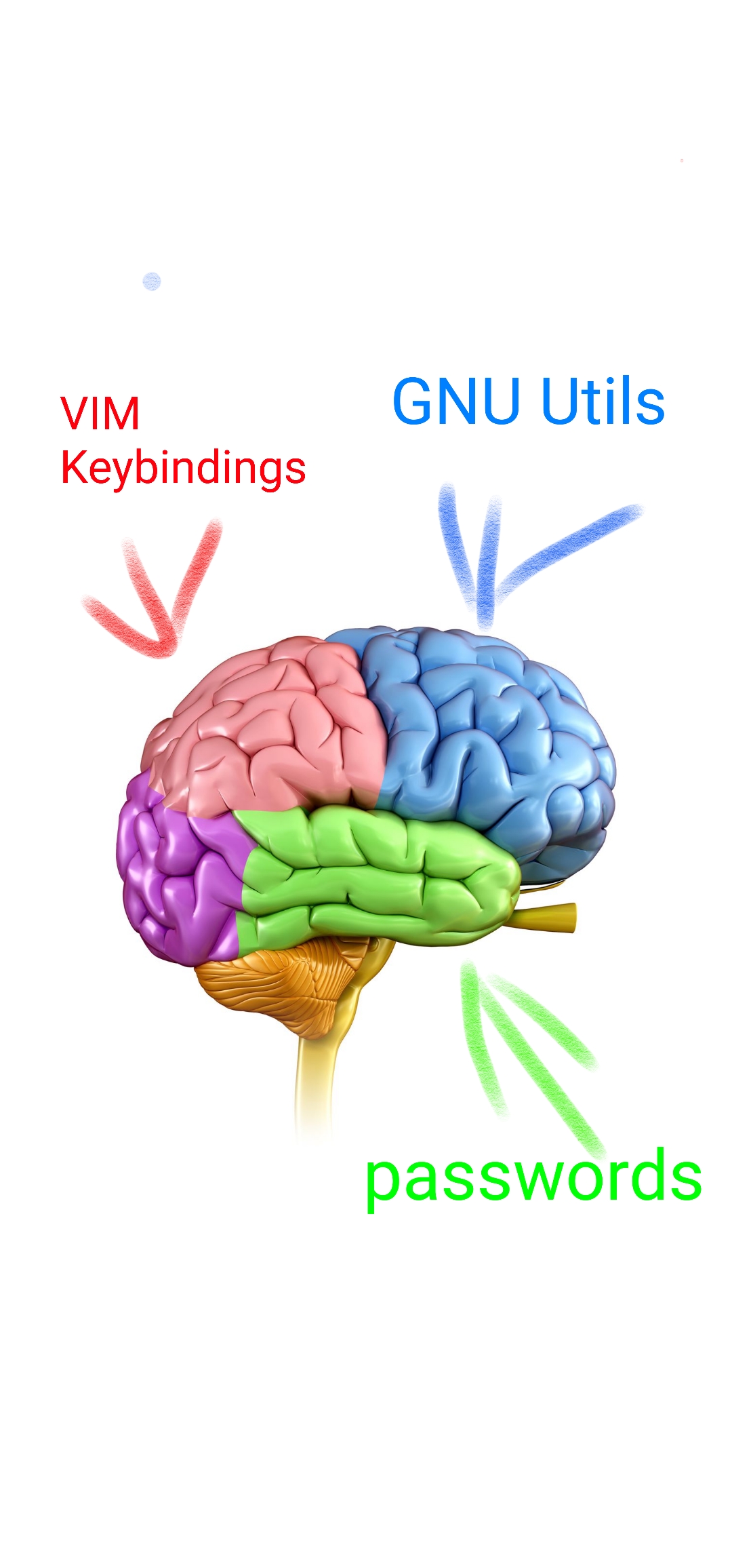In 2014, a woman undergoing surgery for epilepsy had a tiny chunk of her cerebral cortex removed. This cubic millimeter of tissue has allowed Harvard and Google researchers to produce the most detailed wiring diagram of the human brain that the world has ever seen.
Biologists and machine-learning experts spent 10 years building an interactive map of the brain tissue, which contains approximately 57,000 cells and 150 million synapses. It shows cells that wrap around themselves, pairs of cells that seem mirrored, and egg-shaped “objects” that, according to the research, defy categorization. This mind-blowingly complex diagram is expected to help drive forward scientific research, from understanding human neural circuits to potential treatments for disorders.

VIM keybinding section is not large enough ;)
This cubic millimeter of tissue has allowed Harvard and Google researchers to produce the most detailed wiring diagram of the human brain that the world has ever seen. […] This helped researchers to identify the brain’s six cortical layers and white matter.
I thought the human cerebral cortex was two to four millimeters thick—how does a single cubic millimeter contain all six layers plus the underlying white matter?
doesn’t have to be a cube
Good point.
Looks like the typical wiring on a patch field in a server rack.
Wow… And to think this is what’s happening inside chatgpt… lol jk.
This reminds me of the DNA making project everyone expected to revolutionize research. Not sure where the state of it is now, but after they mapped the full human genome of DNA people kinda just shrugged for a while and did nothing with it.
That’s not true at all. Essentially every time you have heard of any disease linked to a gene its because of the Human genome project. 23 and me, that is also thanks to HGP. Lots of cancer research has also been done, identifying markers for cancer.
You might not be aware of it, but has been vital for anyone genetic advancement.
At the time, it was assumed that genes and traits had a mostly one-to-one correspondence. Thanks to the human genome project we now know that it’s more often a many-to-many correspondence, which makes figuring out the relationships enormously more complex. But mapping the genome was still a critical step.
Edit: The analogous situation in neurology would be the correspondence between brain regions and cognitive functions—in the last decade or two we’ve found out that most functions involve many separate brain regions networked together in different patterns for different functions. Mapping this “connectome” is the equivalent of mapping the genome—but this Harvard/Google neuron-mapping project is at a much lower level, more akin to studying the physical structure of chromosomes.
As well as revealing epigenetics. Which killed the nature/nurture shit.
At the time, it was assumed that genes and traits had a mostly one-to-one correspondence.
Assumed… By those seeking funding.
Yes, yes. Everything and everyone is bad, and has ill-intent all the time. We hear you.
Yeah. All the biologists had their secret sinister meeting, where they came up with the evil idea that gene X did Y
Then, once the public believed it, something something PROFIT!
Oh those evil scientists! Curse them! Curse them all to hell! Down with their dastardly deception!





